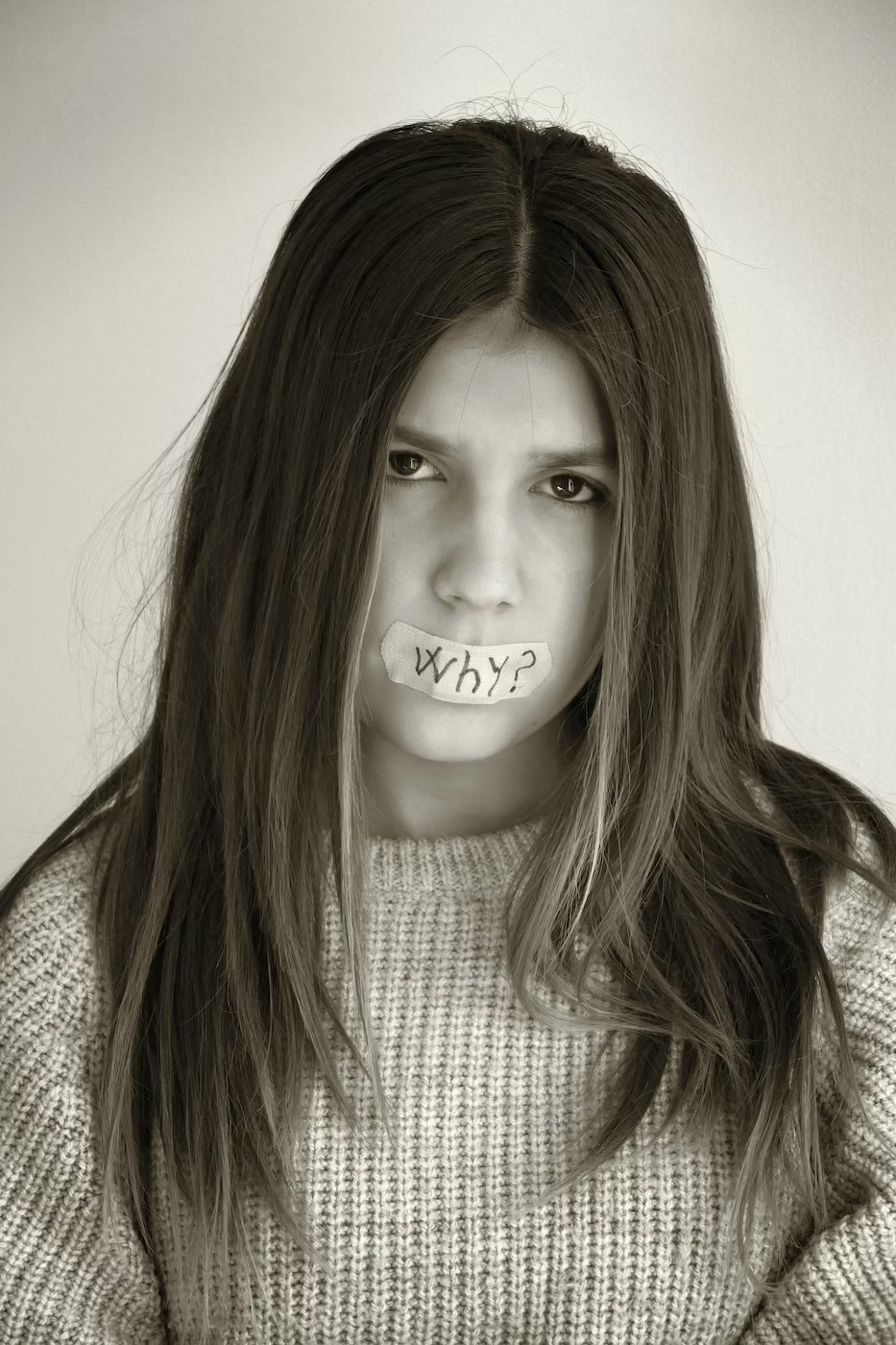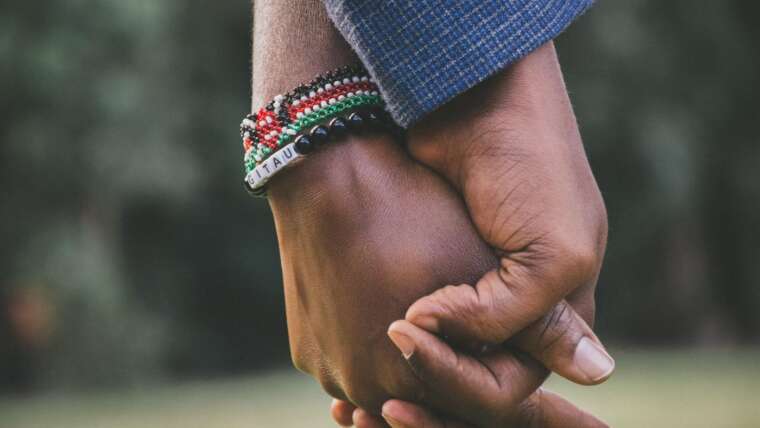Is it Okay to Tolerate Injustice?
Overview
Tolerance is a virtue, but tolerance of injustice is not.
Sadly, I see injustice happening all around me all the time, and not tolerating injustice would mean I remain in confrontational and fighting mode perpetually. A polite reminder can change things for a short while but not long term as it is difficult for people to change their personalities.
Further on, should I limit myself to injustices meted out to me? or start worrying about injustices happening to people around me and in society at large, which will compound my problems manifold.
At times it works the other way around, I can ignore insults meted out to me but if a guest of mine is insulted by somebody in front of me, ignoring it will not be civil or gentlemanly behavior. I have a right to forgive someone of their wrong doing in relation to me, but I can’t assume the same on behalf of someone else who may not be in a forgiving or tolerant mood.
If we look at the behaviors of all the great and wise people, it reflects more of tolerance of injustice rather than the other way around. We can begin with Jesus, The Buddha, Lord Rama, Guru Nanak, etc..
The Bible says if someone slaps you on one cheek you offer the other cheek.
Are there any exceptions to this rule? After Jesus, for several centuries good Christians were fed to the lions by the Romans. One might argue that it was the tolerance of Christians and the intolerance of Romans that brought about the downfall of Romans. But history doesn’t support that assertion. It was the problems within the Roman Empire – the invasion of barbarian tribes, over-expansion, military overspending, political corruption and instability, and weakening of the Roman Legions rather than Christian tolerance. We can see similar trends in the fall of the Ottoman Empire and the breakup of the USSR and the chaos that Pakistan has descended into.
One needs to study if it was the Christian values of forgiveness, love, and tolerance that was instrumental in Christianity being the number one dominant force in the whole world, or if it was its military might and politics that led to their elevation.
The Ottoman empire was gone due to a variety of reasons such as refusing to accept modernisation and the wars with Russia and Austria. The Ottoman Empire rose because of its military might and it fell because of its military weaknesses.
The USSR broke up for reasons within itself. Let us examine if tolerance has a role in it. Gorbachev was more tolerant of allowing a multi-party system and democratization, starting as glasnost, than his predecessors, and pulled out the red army from East Germany which paved the way for revolt within its various states. There were democratic uprisings in Lithuania and Latvia and soon after Ukraine and Belarus declared their independence.
China on the other hand, learning its lessons from the USSR, is not allowing any elements of democracy be it in Tibet or Hong Kong. It is not clear if this intolerant view of the Chinese communist party against its own population will bring fruits or result in its decline.
India’s tolerance of terrorism over the last seven decades only resulted in an escalation of terrorism across the country and it would have grown unabated into the future, it’s only when India has become intolerant that terrorism has been under control.
Lord Rama was exiled for twelve years at the whim of his stepmother. It was a grave injustice to him which he quietly tolerated. Although he did not tolerate the abduction of his wife and fought a war with Ravana.
Is forgiveness a tolerance of injustice?
Forgiveness is a virtue like tolerance, is it possible to imagine a functioning society if everyone in it became forgiving, including the courts and the police? Are there any guidelines about when forgiveness is a virtue and when not? A lack of clarity on this can blur the boundaries between the right and the wrong and embolden the wrongdoers. It is said that tolerance and forgiveness are virtues when practiced from a position of power. In my opinion even if one is not in a position of power, forgiveness helps, as they say, “cut your losses and move on” even when not in control of the situation.
Further on, it’s not clear to me how to “not tolerate injustice.” Does that mean putting in complaints, blackmailing, manipulating, getting physically aggressive et cetera? A court case that can go on for several years can spoil one’s peace of mind and cause further adversities of all kinds. Should we all have a fighting spirit or leave it to a few in responsible positions to do the difficult job of fighting injustice? French and Russian revolutions and Indian independence happened only when it became a concern of every citizen to do something about the injustices.
Where does forgiveness sit with a tolerance of injustice? Does forgiveness mean tolerating injustice? If there is no injustice, forgiveness has no meaning. If we’re hurt justifiably and justice has been done, forgiveness will have no meaning.
If everyone in our society becomes tolerant – an average person will not feel safe living in that society. There has never been any society where the police or military did not exist. Imagine if the military and police started being tolerant of militants. To me, it seems that tolerance doesn’t guarantee a successful conclusion of a problem, but it can guarantee, not always, the successful conclusion of our psychic upset.
To conclude, to keep our sanity we need to ignore injustice in many situations. We need to continually develop our capacity to tolerate and forgive but also know what impact it is having on others. In certain situations, tolerance and forgiveness can be as dangerous as intolerance and being non-forgiving.
We should live at two different levels, just as there is daylight and night, and there is action and rest, in a similar way there is tolerance and refusal to tolerate. In the outer world, operating from our working minds, we should be intolerant of injustice. Whereas during periods of rest and inner connection, and operating from our inner consciousness/soul, we should remain in a tolerant and forgiving mode.
Further on, should I limit myself to injustices meted out to me? or start worrying about injustices happening to people around me and in society at large, which will compound my problems manifold.
At times it works the other way around, I can ignore insults meted out to me but if a guest of mine is insulted by somebody, ignoring it will not be civil or gentlemanly behavior. I have a right to forgive someone of their wrongdoing against me, but I can’t assume the same on behalf of someone else who may not be in a forgiving or tolerant mood.
If we look at the behaviors of all the great and wise people, it reflects more of tolerance of injustice rather than the other way around. We can begin with Jesus, Lord Rama, Guru Nanak.
The Bible says if someone slaps you on one cheek you offer the other cheek.
Are there any exceptions to this rule? After Jesus, for several centuries good Christians were fed to the lions by the Romans. One might argue that it was the tolerance of Christians and the intolerance of Romans that brought about the downfall of Romans. But history doesn’t support that assertion. It was the problems within the Roman Empire – the invasion of barbarian tribes, over-expansion, military overspending, political corruption and instability, and weakening of the Roman Legions rather than Christian tolerance. We can see similar trends in the fall of the Ottoman Empire and the breakup of the USSR and the chaos that Pakistan descended into.
One needs to study if it was the Christian values of forgiveness, love, and tolerance that was instrumental in Christianity being the number one dominant force in the whole world, or if was it its military might and politics that led to their elevation.
The Ottoman empire was gone due to a variety of reasons such as refusing to accept modernization and the wars with Russia and Austria. The Ottoman Empire rose because of its military might and it fell because of its military weaknesses.
The USSR broke up for reasons within itself. Let us examine if tolerance has a role in it. Gorbachev was more tolerant of allowing a multi-party system and democratization, starting as glasnost, of the USSR than his predecessors, and pulled out the red army from East Germany which paved the way for revolt within its various states. There were democratic uprisings in Lithuania and Latvia and soon after Ukraine and Belarus declared their independence.
China on the other hand, learning its lessons from the USSR, is not allowing any elements of democracy be it in Tibet or Hong Kong. It is not clear if this intolerant view of the Chinese communist party against its own population will bring fruit.
India’s tolerance of terrorism over the last seven decades only resulted in an escalation of terrorism across the country and it would have grown unabated into the future, it’s only when India has become intolerant that terrorism has been under control.
Lord Rama was exiled for twelve years at the whim of his stepmother. It was a grave injustice to him which he quietly tolerated. Although he did not tolerate the abduction of his wife and fought a war with Ravana.
Is forgiveness a tolerance of injustice?
Forgiveness is a virtue like tolerance, is it possible to imagine a functioning society if everyone in it became forgiving, including the courts and the police? Are there any guidelines about when forgiveness is a virtue and when not? A lack of clarity on this can blur the boundaries between right and wrong and embolden the wrongdoers. It is said that tolerance and forgiveness are virtues when practiced from a position of power. In my opinion even if one is not in a position of power, forgiveness helps, as they say, “cut your losses and move on”
Further on, it’s not clear to me how to “not tolerate injustice.” Does that mean putting in complaints, blackmailing, manipulating, getting physically aggressive et cetera? A court case that can go on for several years can spoil one’s peace of mind and cause further adversities of all kinds. Should we all have a fighting spirit or leave it to a few in responsible positions to do the difficult job? French and Russian revolutions and Indian independence happened only when it became a concern of every citizen to do something about the injustices.
Where does forgiveness sit with a tolerance of injustice? Does forgiveness mean tolerating injustice? If there is no injustice, forgiveness has no meaning. If we’re hurt justifiably and justice has been done, forgiveness will have no meaning.
If everyone in our society becomes tolerant – an average person will not feel safe living in that society. There has never been any society where the police or military did not exist. Imagine if the military and police started being tolerant of militants. To me, it seems that tolerance doesn’t guarantee a successful conclusion of a problem, but it can guarantee, not always, the successful conclusion of our psychic upset.
To conclude, to keep our sanity we need to ignore injustice in many situations. We need to continually develop our capacity to tolerate and forgive but also know what impact it is having on others. In certain situations, tolerance and forgiveness can be as dangerous as intolerance and being non-forgiving.
We have to live at two different levels, just as there is daylight and night, and there is action and rest, in a similar way there is tolerance and refusal to tolerate. In the outer world, operating from our working minds, we should be intolerant of injustice. Whereas during periods of rest and inner connection, and operating from our inner consciousness/soul, we should remain in a tolerant and forgiving mode.





